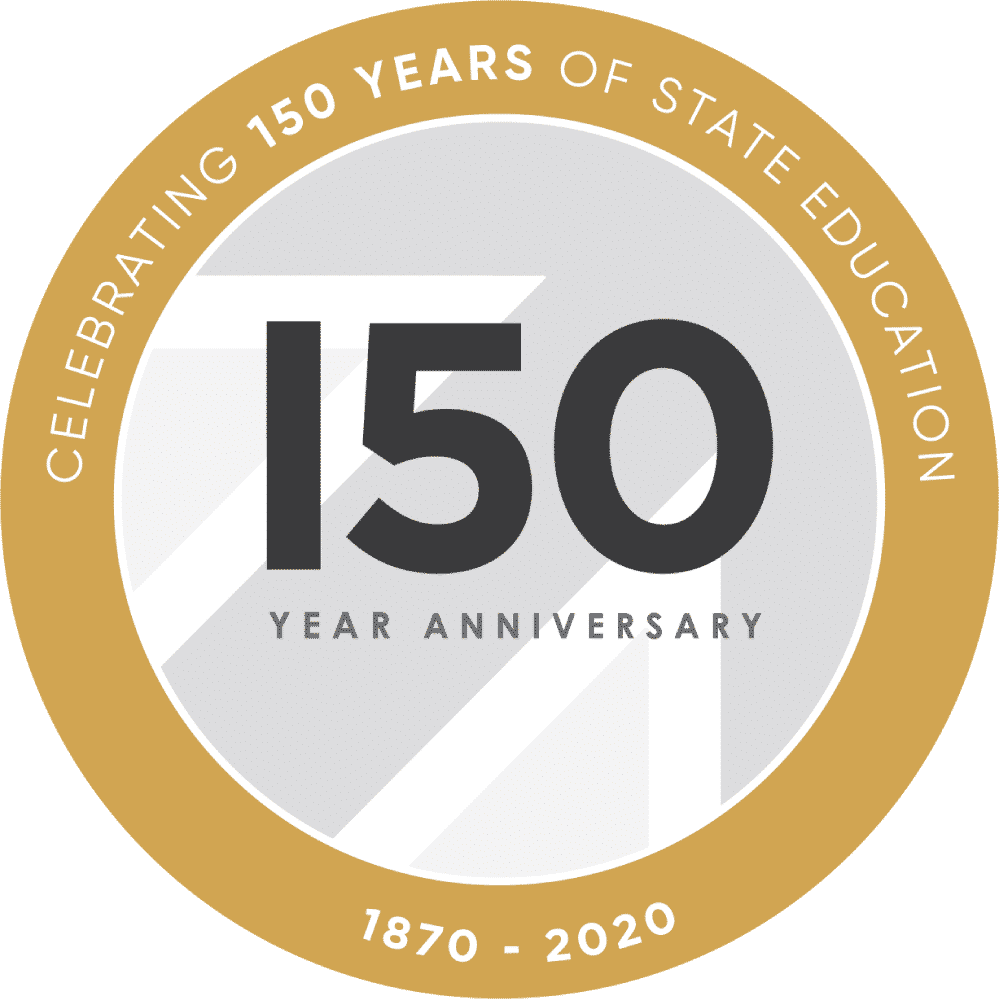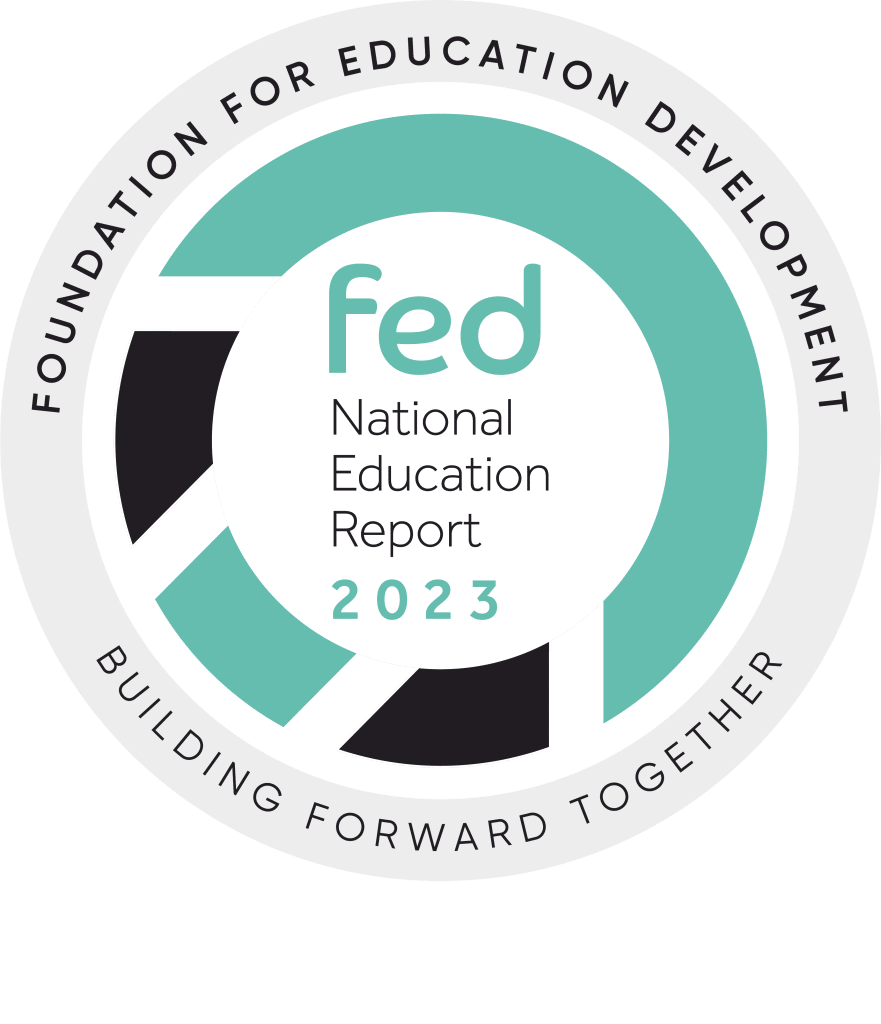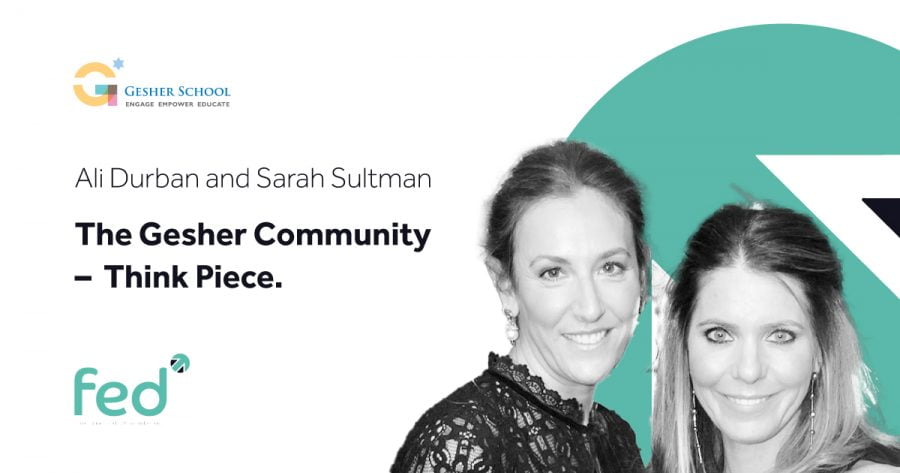As we move into the second year of our work at the Foundation for Education Development (FED) and following the launch of the FED National Education Consultation Report, we hosted a roundtable discussion seeking to answer the theme ‘Addressing the complexities of SEND – education and inclusion. Designing a long-term vision for all.’
We asked co-founders of Gesher School, Ali Durban and Sarah Sultman, to write a thinkpiece on their input into this roundtable discussion. Gesher School opened in 2017 as a unique primary school for children with special educational needs, and shortly after achieved an Ofsted Outstanding in all areas. In 2019, the school expanded to become an all-through special school for 120 children and young people. The school is currently working to create a new evidence-based model of teaching and learning for students with SEN that is academically rigorous with the long term ambition of being able to showcase it in other SEN learning communities.
You can read and download the presentation here:
The Gesher Community – A Think Piece
In 2019, Gesher embarked on an expansion program from primary to secondary provision. Our ambition was to deliver an all-through forward-thinking school with clear accessible pathways enabling children to leave schools as adults with the skills and qualifications to get jobs and lead independent, meaningful, and functional lives. To support this, we held a series of workshops in partnership with the Innovation Unit to feed into the school design. Over 50 different organisations and professionals took part. In one of the workshops, we were asked to think deeply and to select a single word that embodied our hopes and aspirations for the new all-through school.
Choosing only one word was an almost impossible task, we identified closely with many different words, such as “education”, “happiness” and “skills”. But one of the words that stood out then, and that continues to stand out, is “community”.
“Community” is complex to define. It has a multitude of meanings and applications. It is often spoken about loosely, but when used by people seeking positive outcomes, it can be incredibly powerful. Geraldine Blake (the CEO of Community Links) defines it as “a group of people who share values, activities, hopes and dreams”. It has also been used to describe people linked together by geography, ethnicity, religion, interest, or other social factors – what we see in essence as a collective identity.
When thinking about the needs of students with SEND, what often gets left behind in the never-ending series of reviews and policy-making, legislation and expert or academic recommendations (often made with limited input from those who have a lived experience of SEND), is this one very important, multi-layered word. At Gesher, we believe that community, in all its positive forms, should always be a part of the debate, the aspiration and the solution. Community has always shaped our approach at Gesher and it will always continue to do so.
A perfect example is Gesher’s Project Based Learning (PBL) curriculum, where students work collaboratively and individually to become a ‘community of learners’, managing their projects and their roles. They work for an extended period to investigate and respond to an authentic, engaging, and complex question, problem, or challenge. Through this they develop deep knowledge and skills as well as creativity, communication, critical thinking, and analysis skills.
Perhaps one of the most interesting aspects of PBL is that the questions, problems or challenges that students work on, stem from and are real world problems; and their knowledge and skills are demonstrated by creating a public product or presentation for a real audience. This ensures that students at Gesher are being prepared for their future and for the wider world that lies ahead of them at the end of their formal education. This functional and meaningful preparation is something that is critical for young adults with SEND if they are to be successful achieving a future full of purpose.
The creation of Gesher was and is a community based PBL project. We sought to solve a problem in our own local area (North London) and within our faith (Jewish) community where there was (and remains) a dire lack of places in special schools for our cohort of students. For over eight years we have worked with teams of prospective parents, educators, exemplary schools, experts in SEND and autism, volunteers, philanthropists and foundations, future employers and faith-based organisations to build on existing relationships to create the Gesher community. This collaborative approach means that each contributor is a stakeholder in the future success of our school and our children and young people.
Gesher is a community of ambition, built on relationships and compassion, our young people thrive because they know and support each other. School life revolves on many levels around our communal approach, our children and young people play together, eat together, learn together, think, and problem-solve together. Teachers know students as learners and as young people, in a culture of respect and togetherness. Equally all teachers are valued and invested in the success of students, each other, and the school.
These are the forms of community that make Gesher special. And we believe that within the UK’s fragmented, broken system, there is an opportunity for a new way to think more generally about the benefits of community for SEND education.



